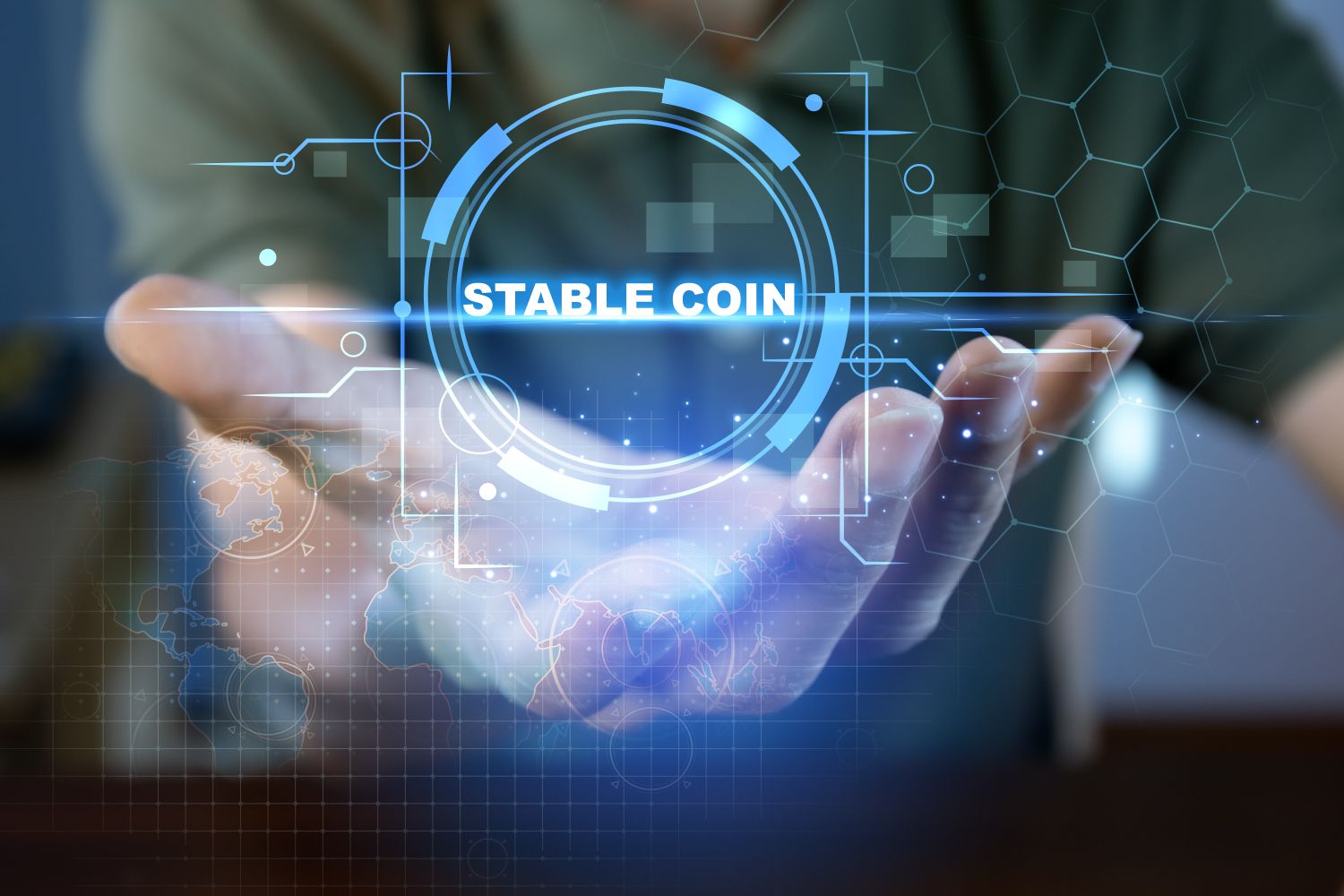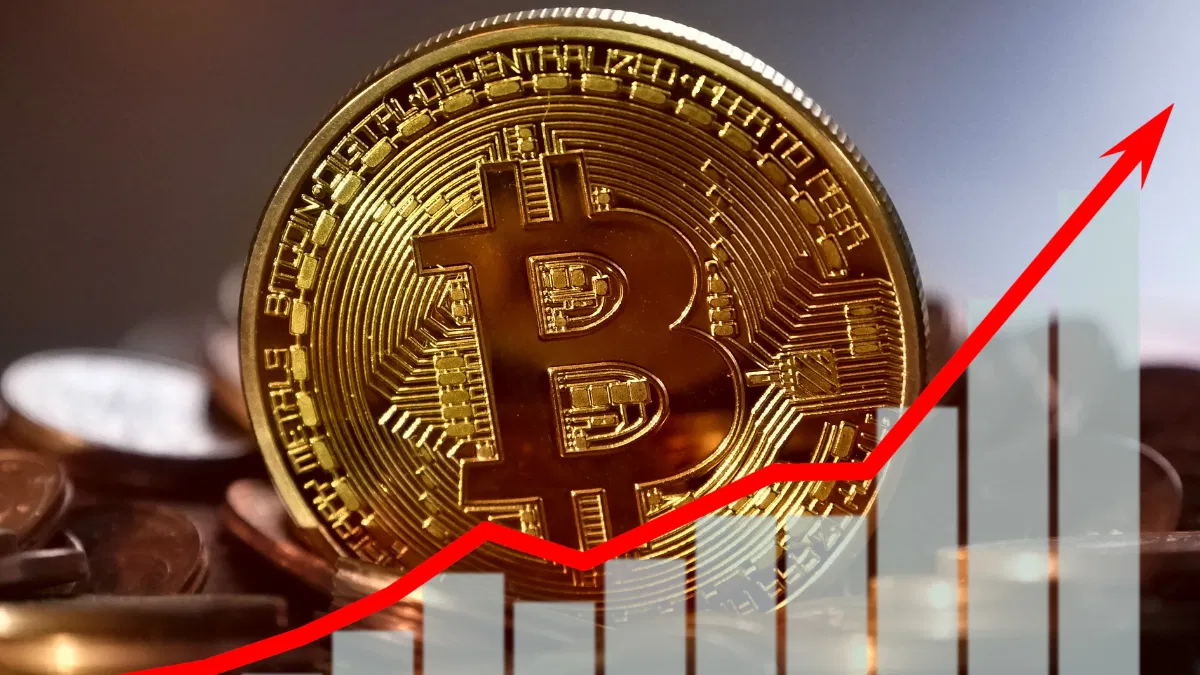Now Reading: Can the GENIUS Act Change the Game for Stablecoins?
-
01
Can the GENIUS Act Change the Game for Stablecoins?
Can the GENIUS Act Change the Game for Stablecoins?

The GENIUS Act, a proposed US law aiming to bring structure to the wild world of stablecoins, has sparked debates beyond American borders. Indian investors and crypto watchers are keeping a close eye. Why? Because stablecoins—digital currencies tied to traditional assets like the US dollar—are widely used here too, especially by those who want to avoid crypto’s extreme price swings.
If the GENIUS Act passes, the global way stablecoins work could see a major shift.
What the GENIUS Act Proposes
The GENIUS Act (short for “Guaranteed Essential New Infrastructure for Upholding Stablecoins”) aims to introduce proper rules for how stablecoins are issued, managed, and backed. Think of it as treating stablecoins more like regulated bank products than internet tokens. It would require issuers to hold actual reserves, follow licensing norms, and report regularly—just like financial institutions.
This move is seen as a way to reduce risks of scams or collapses like what happened with TerraUSD, which wiped out billions globally.
Why India Should Pay Attention
A lot of Indian crypto users rely on USDT, USDC, and other stablecoins to trade or hold funds without converting back to rupees. These tokens are widely used on platforms like Binance or via P2P networks.
If new regulations in the US push stablecoin issuers to comply with stricter transparency standards, it could either increase trust—or lead to short-term access issues in countries like India where formal crypto regulation is still developing.
For Tier 2 cities, where more first-time users are entering crypto, clarity on stablecoins can be the difference between responsible investing and risky guesswork. Users often treat stablecoins as digital “savings” or a middle step before moving into volatile assets. Better safeguards could help make that practice safer.
Could This Set a Global Trend?
India hasn’t passed a crypto law yet, but regulators are watching international moves closely. If the GENIUS Act succeeds, it could set a global benchmark. Indian policymakers might be encouraged to adopt similar frameworks—especially around how reserves are managed and reported.
This could mean that Indian investors will one day have more legal protection if stablecoins become a bigger part of the payment or investment ecosystem.
What Should Indian Crypto Users Do?
For now, nothing changes immediately. But users should start educating themselves on how stablecoins work and the risks involved. Don’t treat them like bank deposits—they’re not. And if regulation tightens, expect changes in how you access or store them.
The GENIUS Act is a signal that the days of unregulated digital money might be numbered. And for Indian crypto users, it’s better to adapt early than be caught off guard.

























